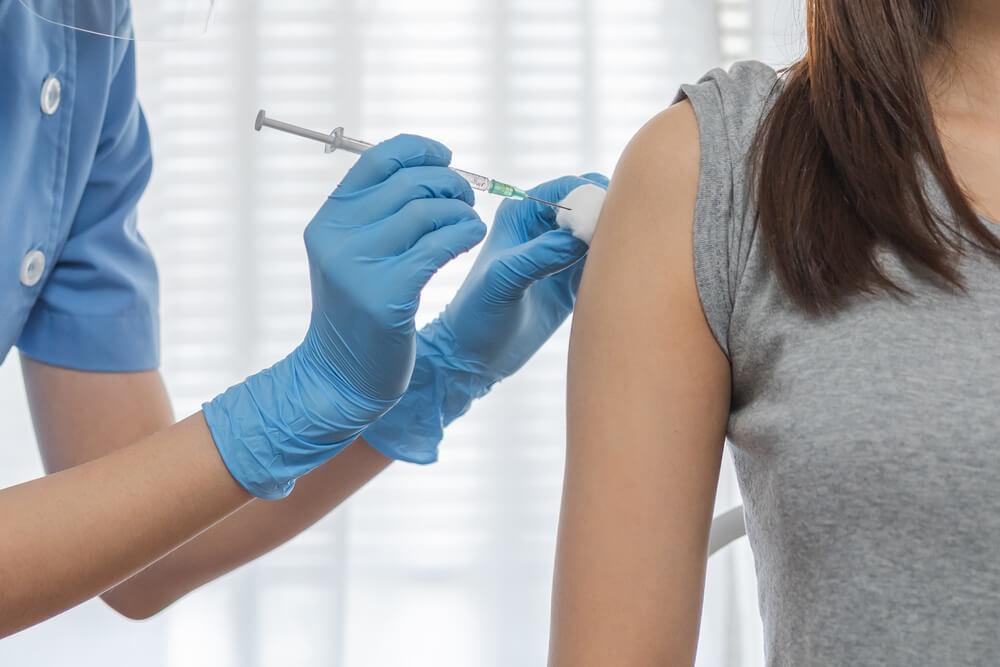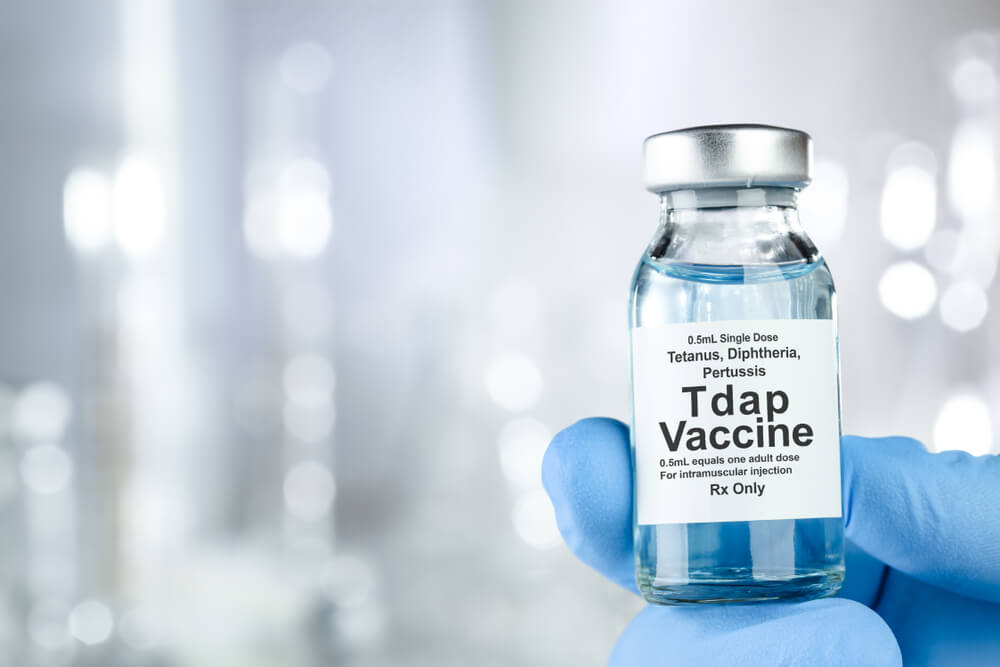You have to consider many things while planning your pregnancy or during the gestational period. Most importantly, you should consider any potential health concerns and problems. You must ensure you are up to date with various vaccines and consult your healthcare provider if you need booster shots. If you want to learn more about potential vaccines you should and shouldn’t get during pregnancy, you’ve come to the right place.
If you’ve recently come across the TDAP vaccine with no knowledge of what it stands for or whether it is necessary, especially during pregnancy, we can help you. The professionals from Trogolo Obstetrics and Gynecology in Jacksonville will provide you with all the needed answers.
This specific vaccine is a combination one, as it protects you from three diseases: pertussis, also known as whooping cough, tetanus, and diphtheria. We will discuss these diseases and whether a TDAP vaccine during pregnancy is necessary.
TDAP Vaccine: What Is It?
You may know about the DTaP vaccine, which has the same purpose as TDAP – to protect you from diphtheria, tetanus, and pertussis. However, this vaccine is only for infants and children younger than six years.
In 2005 TDAP vaccine was introduced, made explicitly for anyone older than six.
To understand everything better, we will talk more about these diseases individually.

Is TDAP a Live Vaccine?
First, let’s talk about what is a live vaccine. A live vaccine is derived from a live virus or bacteria. The viruses or bacteria are then weakened in a laboratory and used in a vaccine. Examples of live vaccines are ones for measles, rubella, and varicella.
One of the significant disadvantages of live vaccines, which most people are scared of, is that there’s a possibility of secondary mutation that can cause the disease and lead to certain complications.
However, TDAP isn’t a live vaccine and can’t cause tetanus, diphtheria, or pertussis. So, you shouldn’t be afraid.
Vaccines that aren’t live are often called inactive ones, and they can contain parts of viruses or bacteria, such as microbes. They can also include certain inactivated toxins.
What Is Tetanus?
At one point, tetanus was a common disease; however, today, in the U.S., there are not that many cases of it.
It is a disease that’s not communicable and can’t be passed from one person to another.
The disease is produced by bacteria that often can be found in the soil, dust, or animals. The most often point of entrance for the bacteria is skin that’s been penetrated.
Even though it’s not common, tetanus can be a serious problem and cause severe health complications if it is not treated.
What Is Diphtheria?
Diphtheria is a disease that affects the respiratory system and can be transmitted through respiratory droplets or contact with infected and open ulcers or sores.
If not treated, this disease can lead to heart failure, paralysis, and death.
What Is Pertussis?
Pertussis or whooping cough is a disease that causes uncontrollable coughing. This specific symptom can affect an individual’s everyday quality of life, making it hard for them to eat, drink, and even breathe.
TDAP Vaccine Side Effects
No matter its purpose, every vaccine is expected to have specific side effects. The TDAP vaccine has mild side effects that are not alarming, and they don’t require any additional care.
The TDAP vaccine side effects:
- Fatigue
- Headache
- Mild pain and body aches
- Mild fever
- Swelling or mild pain in the arm where the vaccine is injected
- Nausea
- Vomiting
Sometimes TDAP vaccine side effects can be severe, but that rarely happens.
The severe TDAP vaccine side effects:
- High fever
- Severe swelling and pain
- An allergic reaction with rapid heart rate and difficulty breathing
You shouldn’t ignore severe TDAP vaccine side effects and seek immediate medical attention if you experience them after receiving the vaccine.
TDAP Vaccine During Pregnancy
If you are pregnant and haven’t had this vaccine (or don’t know if you had it), you should get it. TDAP vaccine while pregnant is essential for the mother’s good health, as well as the health of the baby.
TDAP vaccine should be administered during pregnancy between 27 and 36 weeks.
The importance of TDAP while pregnant is high, as it protects the infant from whooping cough. If the mother gets the TDAP vaccine while pregnant, she is covered, and even if she catches pertussis, the disease can’t be transmitted to her newborn.
Newborns need to be protected, too, as they can develop severe and life-threatening symptoms from pertussis.
If you get TDAP while pregnant, you will be given one dose between weeks 27 and 36.
If you already had this vaccine, it’s essential to know when you got it, as it is given every ten years. If you are not pregnant, you should wait for ten years to get a new booster dose; however, if you are pregnant, you should get it even if the whole decade didn’t pass.
Who Shouldn’t Get TDAP Vaccine While Pregnant
If there’s a particular risk present, some people are recommended not to get this vaccine.
You should avoid getting TDAP while pregnant if you:
- Ever had an allergic reaction to this vaccine or other vaccines that contained tetanus, diphtheria, or pertussis
- Ever had a seizure after getting a DTaP vaccine during your childhood
You should also inform your healthcare provider if you have any more allergies or have had severe seizures or reactions to any medication in your life. Your doctor should also know about any health condition you are experiencing before you get TDAP while pregnant.
Where to Get TDAP Vaccine During Pregnancy
You can get TDAP while pregnant at a few places, such as your family practitioner or community health clinic. This vaccine can also be available at workplaces, pharmacies, health departments, and religious centers.
Generally, the cost of it is covered by most private insurance plans. To be sure that your insurance plan covers it, it’s best to contact your insurance provider.
Some people are eligible for low-cost or free vaccines, and you can check if you qualify with your local health center or your Medicare representative.

Final Words
Vaccines, in general, are an essential part of every person’s life. They help us stay healthy and help our body produce protective antibodies that will eventually fight off particular diseases.
TDAP vaccine, like every other, can ensure a safe and healthy life for you and your infant.
If you never had this vaccine or had it but a long time ago, and now you are pregnant or planning a pregnancy, you should contact your healthcare provider and schedule a booster dose.
If you have more questions about this topic, we at Trogolo Obstetrics and Gynecology clinic are happy to help you. Feel free to contact us about this or any other issue; we are here for you.


